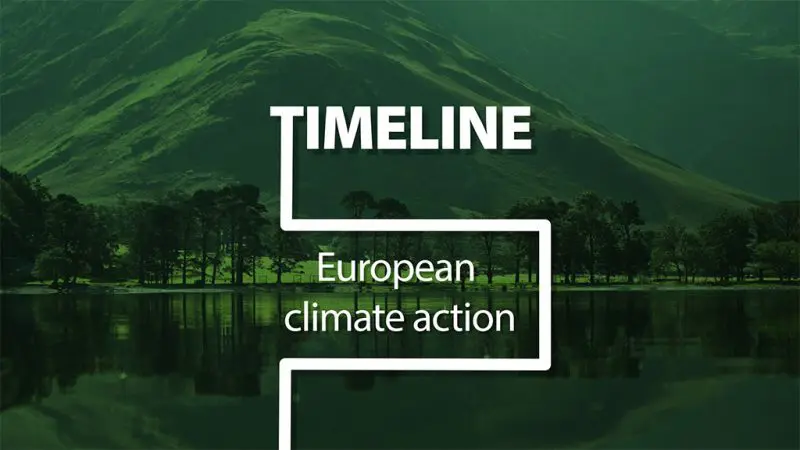News | European Parliament
What are the goals of the new EU Environment Action Plan to 2030 and what has to be done to achieve them?
As Europe, along with the rest of the world, faces the economic and societal impact of climate change, ecosystem degradation and overconsumption of natural resources, MEPs will vote on the EU’s Environment Action Programme 2030, which aims to tackle some of the issues.
Find out about EU responses to climate change
Towards a climate-neutral EU
In November 2019, Parliament adopted a resolution declaring a climate emergency and urged the European Commission to ensure that future legislative and budgetary proposals are aligned with the objectives of the Paris Climate Agreement.
The first EU Environment Action Programme in 1973 aimed to reduce pollution, improve natural and urban environments and promote awareness of ecological problems. The 8th environmental action programme, which will be discussed by MEPs during July’s plenary session, will focus on accelerating the transition to climate neutrality, to clean and efficient energies and to a circular economy.
A sustainable economy is key
In its State of the Environment report, the European Environment Agency said that economic activities and lifestyle are Europe’s most important environmental challenges.
According to Parliament’s environment committee, the EU should shift towards a sustainable well-being economy with the Sustainable Development Goals as the foundation. A wellbeing economy is one where public interest determines economics and not the other way around.
The priorities in the action plan proposal include:
- Environmental damage should be seen as a priority, rectified at source and damage paid for by the polluter
- Mid-term evaluation by the Commission in March 2024
- Data technologies should be used to support environment policy, ensuring transparency and public accessibility of the data
- The phase out of all direct and indirect fossil fuel subsidies by 2025 and subsidies which fund environmentally harmful activities to be phased out by 2027.
Transparency and monitoring
The new Environment Action Programme, which will support the European Green Deal, will include a new monitoring mechanism. The Commission is expected to come up with indicators to monitor and track progress by 31 December 2021.






